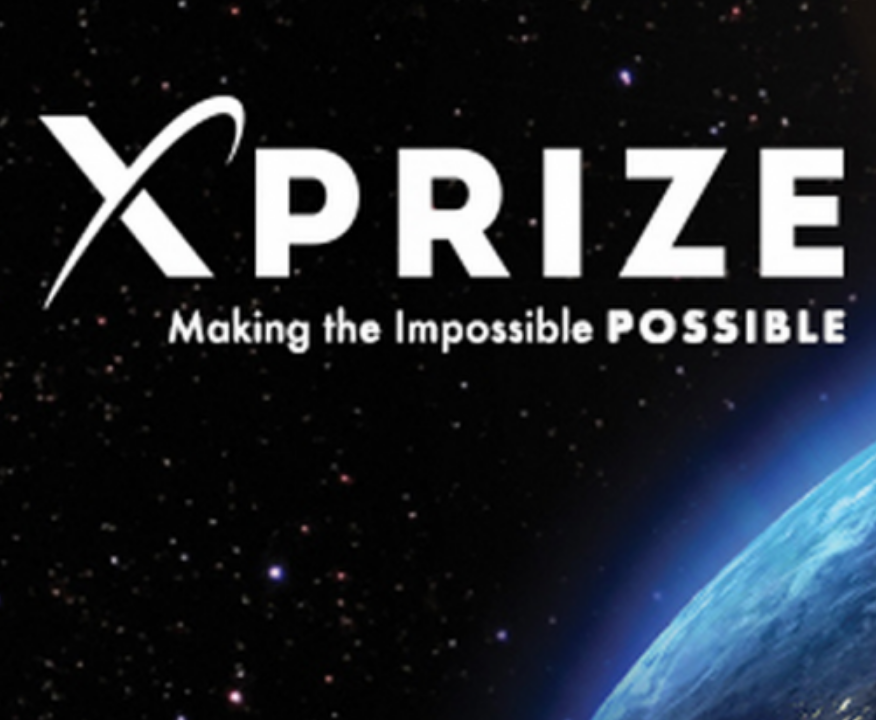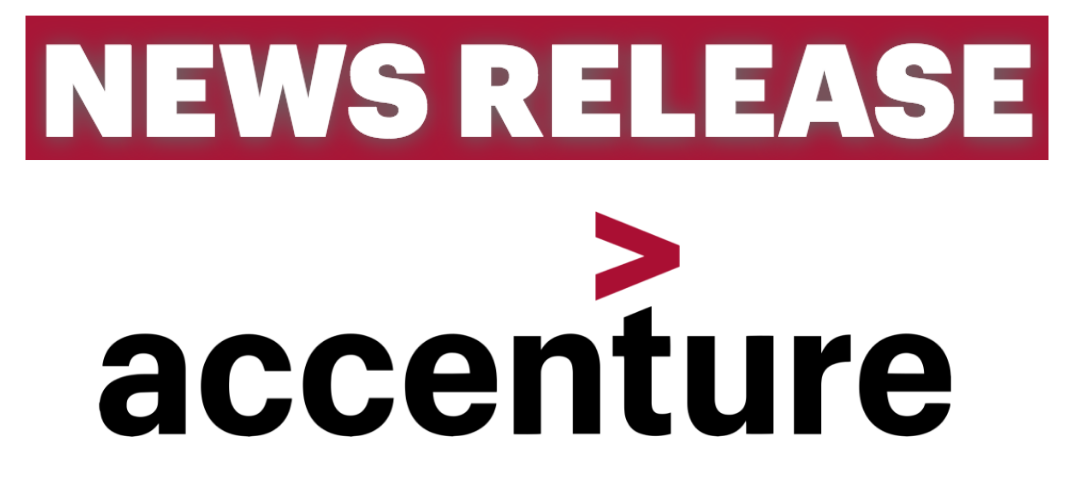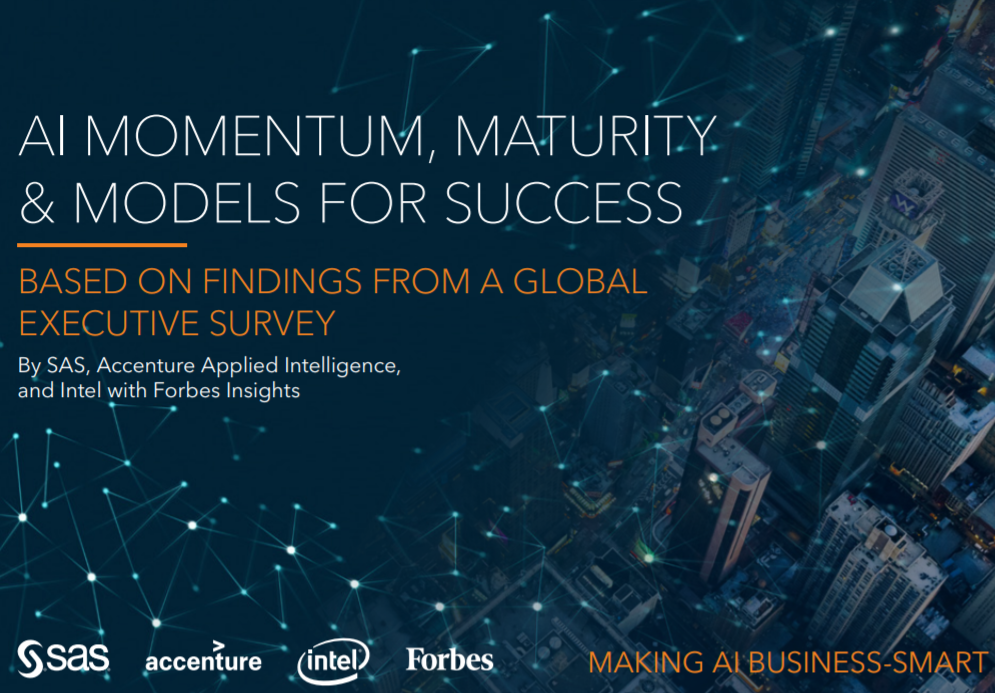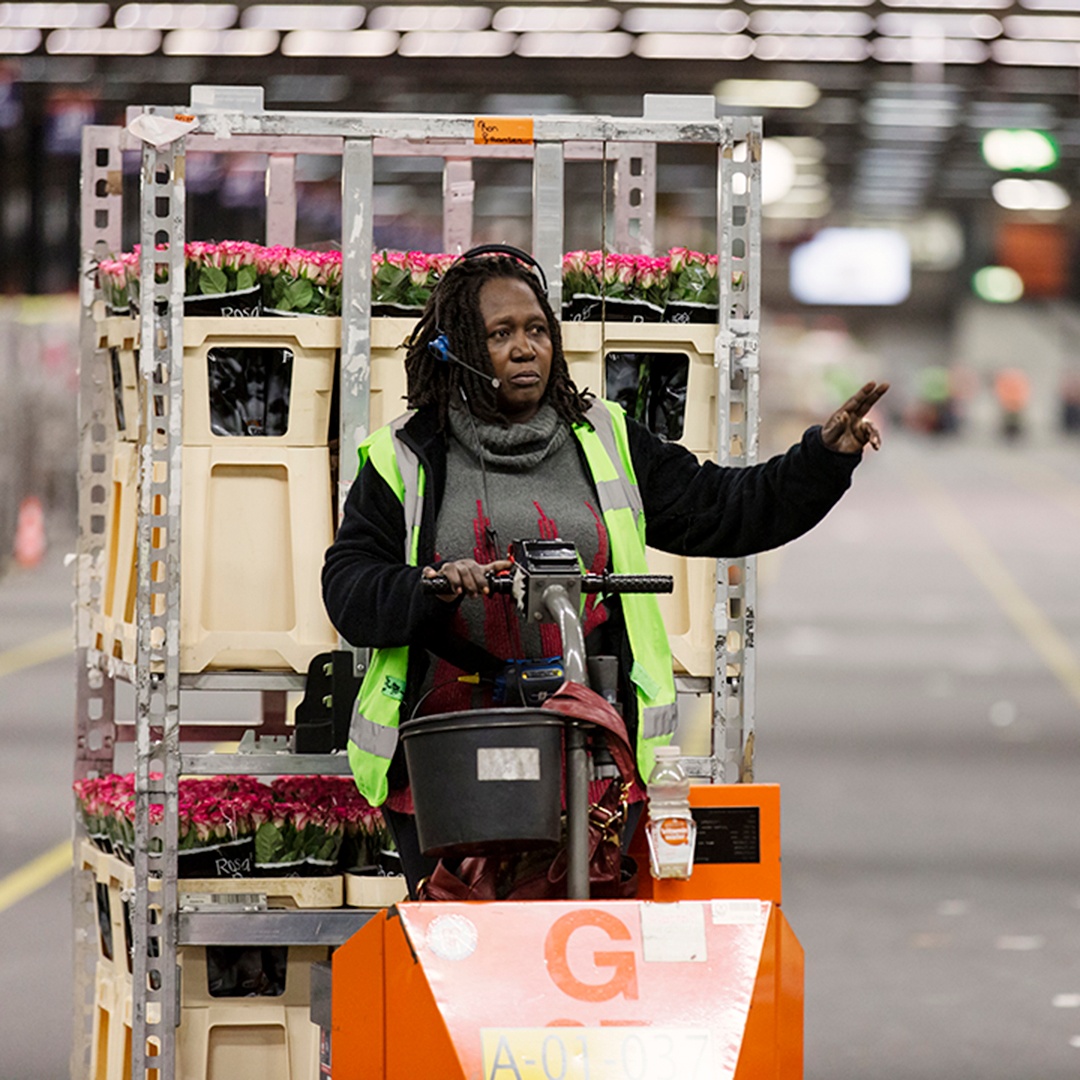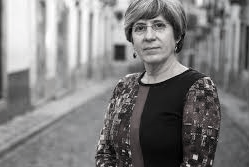Catelijne Muller, President of ALLAI Nederland
It has become my mantra over the past 1,5 years: We need a human-in-command approach to AI. And this does not refer to technical control alone: Humans can and should also be in command of if, when and how AI is used in our daily lives – what tasks we transfer to AI, how transparent it is, if it is to be an ethical player. After all, it is up to us to decide if we want certain jobs to be performed, care to be given or medical decisions to be made by AI, and if we want to accept AI that may jeopardise our safety, privacy or autonomy.
.png?width=259&name=WSAI%20Amsterdam%20Orange%20no%20dates%202000x300%20(1).png)
.png?width=263&name=IM_Mothership_assets_LOGO_MINT%20(2).png)

